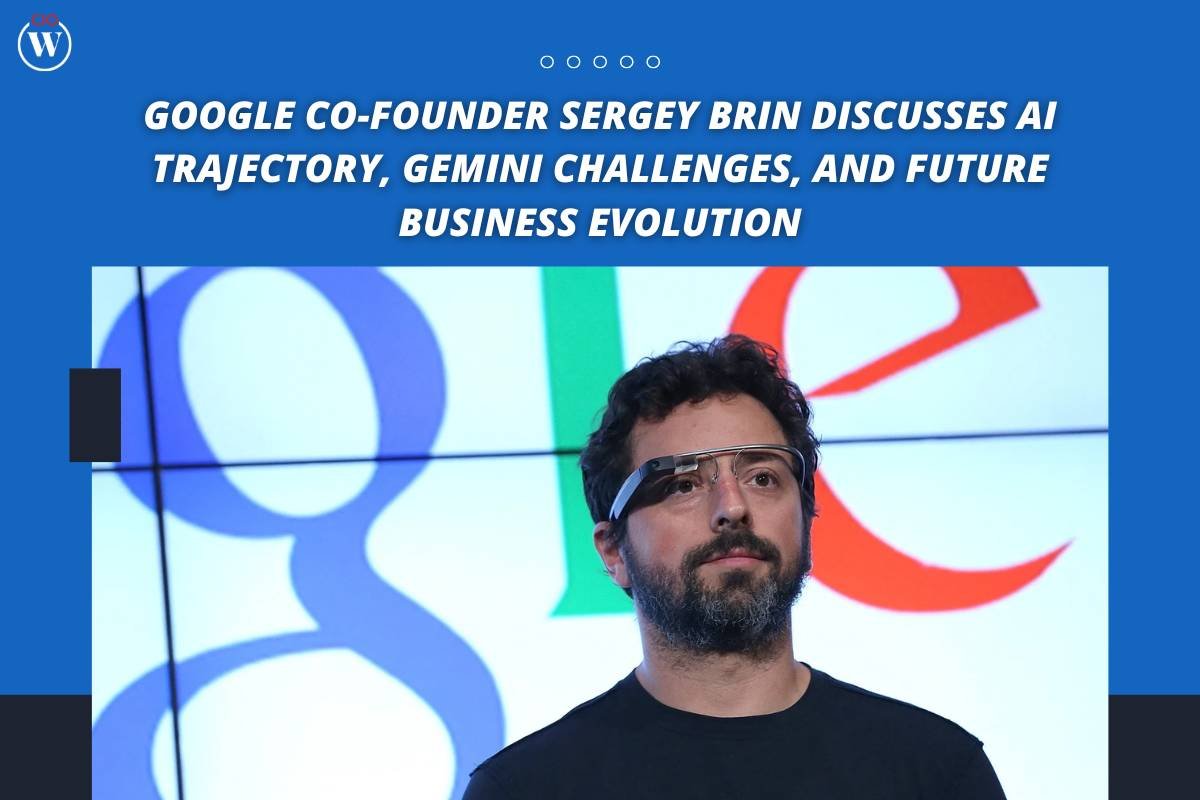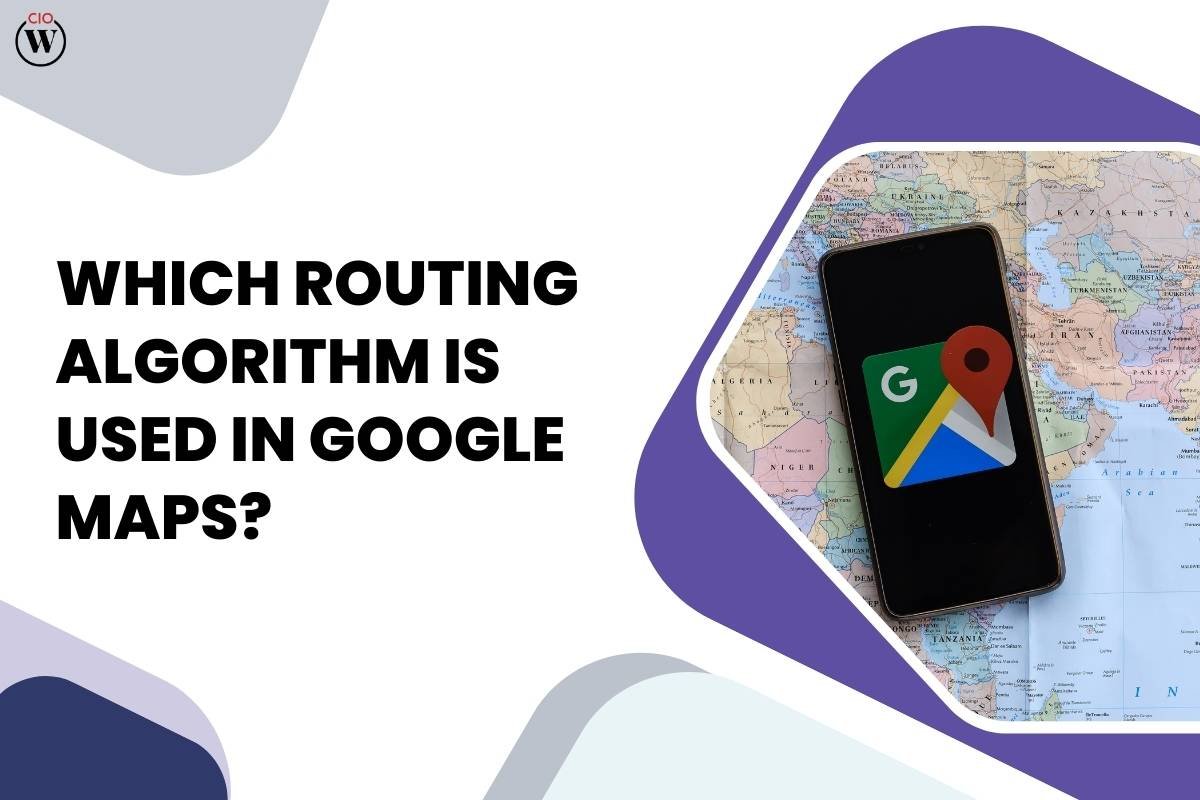In a rare public appearance, Google co-founder Sergey Brin addressed a group of artificial intelligence enthusiasts at the “AGI House” in Hillsborough, California. Brin, who stepped down as Alphabet’s president in 2019, explained that he returned from retirement due to the thrilling trajectory of artificial intelligence (AI). At the event, attended by developers testing Google’s Gemini model, Sergey Brin expressed his enthusiasm for the advancements in artificial general intelligence (AGI), highlighting its potential to perform tasks at or above human capability.
Addressing Challenges with Google’s Gemini Model
During the event, Brin openly discussed the recent challenges faced by Google’s Gemini model, which prompted the company to pull the image generation feature last month. He acknowledged the flawed launch, attributing it to inadequate testing, and acknowledged the upset it caused.
Brin assured the audience that Google plans to relaunch the image generation feature soon. Notably, he was the first company executive to address the Gemini matter in a live setting, revealing that the company had achieved accuracy improvements of up to 80% in certain internal tests. Responding to concerns about the model’s leftward tilt, Brin admitted the company hadn’t fully understood why it occurred but emphasized that it wasn’t intentional.
Challenges in AI and Sergey Brin’s Perspectives on Future Business Evolution
Brin candidly acknowledged the challenges faced by AI, citing instances of “hallucinations” or false responses generated by AI tools like OpenAI’s ChatGPT and Elon Musk’s Grok services. Despite these challenges, he expressed optimism about incremental improvements and the potential for breakthroughs in reducing hallucinations. Brin affirmed his interest in developing AGI, citing its capability for advanced reasoning.
Beyond AI, Sergey Brin addressed concerns about Google’s business model, particularly in the face of evolving advertising dynamics. While acknowledging the likelihood of business model shifts, he expressed confidence in Google’s ability to adapt, emphasizing the company’s commitment to providing valuable information.
Brin also touched on Google’s past hardware challenges, reflecting on the missteps with Google Glass and expressing admiration for recent advancements in virtual reality, such as Apple’s Vision Pro and Meta’s Quest headsets. When prompted about the impact of Gemini on spatial computing, Brin exhibited curiosity, suggesting the possibility of integrating more 3D data into products like Google Maps or Street View.
In summary, Sergey Brin’s public appearance provided insights into Google’s stance on AI, the challenges faced with Gemini, and his perspectives on the future of the company’s business models and hardware ventures.









